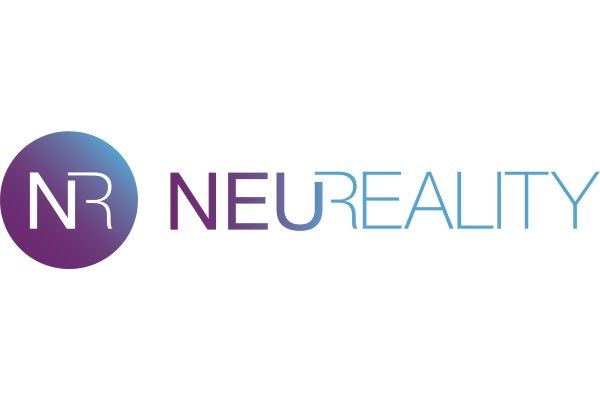 Nov. 2, 2021 — IBM (NYSE: IBM) and NeuReality, an Israeli AI systems and semiconductor company, said they will develop high-performance AI inference platforms designed to deliver cost and power consumption improvements for deep learning. The platforms will be built for such sectors as finance, insurance, healthcare, manufacturing, and smart cities to deploy computer vision, natural language processing, recommendation systems and other AI use cases.
Nov. 2, 2021 — IBM (NYSE: IBM) and NeuReality, an Israeli AI systems and semiconductor company, said they will develop high-performance AI inference platforms designed to deliver cost and power consumption improvements for deep learning. The platforms will be built for such sectors as finance, insurance, healthcare, manufacturing, and smart cities to deploy computer vision, natural language processing, recommendation systems and other AI use cases.
The agreement involves NR1, NeuReality’s first Server-on-a-Chip ASIC implementation of their AI-centric architecture. NR1 is based on NeuReality’s first generation FPGA-based NR1-P prototype platform that was introduced earlier this year. The NR1 will be a new type of integrated circuit device with native AI-over-Fabric networking, full AI pipeline offload and hardware-based AI hypervisor capabilities that, taken together remove system bottlenecks and improve cost and power consumption, according to the companies. The NR1-P platform will support software integration and system level validation prior to the availability of the NR1 production platform next year.
This partnership also marks NeuReality as the first start-up semiconductor product member of the IBM Research AI Hardware Center and licensee of the center’s low-precision high performance Digital AI Cores. As part of the agreement, IBM becomes a design partner of NeuReality and will work on the product requirements for the NR1 chip, system, and SDK, that will be implemented in the next revision of the architecture. Together the two companies will evaluate NeuReality’s products for use in IBM’s Hybrid Cloud, including AI use cases, system flows, virtualization, networking and security.
Last February, NeuReality emerged from stealth and announced its AI-centric architecture and released its roadmap, where NR1-P will be followed by NR1. In September, the company announced its collaborating with Xilinx to deliver the AI-centric FPGA based NR1-P platforms.
![]() “We believe our collaboration (with IBM) is a vote of confidence for our AI-centric technology and architecture and in its potential to power real life AI use cases with unprecedented deep learning capabilities,” said Moshe Tanach, CEO and co-founder of NeuReality. “Having the NR1-P FPGA platform available today allows us to develop IBM’s requirements and test them before the NR1 Server-on-a-Chip’s tapeout. Being able to develop, test and optimize complex datacenter distributed features, such as Kubernetes, networking and security before production is the only way to deliver high quality to our customers.”
“We believe our collaboration (with IBM) is a vote of confidence for our AI-centric technology and architecture and in its potential to power real life AI use cases with unprecedented deep learning capabilities,” said Moshe Tanach, CEO and co-founder of NeuReality. “Having the NR1-P FPGA platform available today allows us to develop IBM’s requirements and test them before the NR1 Server-on-a-Chip’s tapeout. Being able to develop, test and optimize complex datacenter distributed features, such as Kubernetes, networking and security before production is the only way to deliver high quality to our customers.”
Dr. Mukesh Khare, Vice President of Hybrid Cloud research at IBM Research, said: “In light of IBM’s vision to deliver the most advanced hybrid cloud and AI systems and services to our clients, teaming up with NeuReality, which brings a disruptive AI-centric approach to the table, is the type of industry collaboration we are looking for. The partnership with NeuReality is expected to drive a more streamlined and accessible AI infrastructure, which has the potential to enhance people’s lives.”
NeuReality was founded in 2019 and is led by a management team with experience in data centers architecture, system, and software. The co-founders are CEO Moshe Tanach, VP Operations Tzvika Shmueli and VP VLSI Yossi Kasus. Prior to founding NeuReality, Tanach served in several executive roles as Director of Engineering at Marvell and Intel and AVP R&D at DesignArt-Networks (later acquired by Qualcomm). Tzvika Shmueli served as VP of Backend at Mellanox Technologies and VP of Engineering at Habana Labs. Yossi Kasus served as Senior Director of Engineering at Mellanox and the head of VLSI at EZChip.



